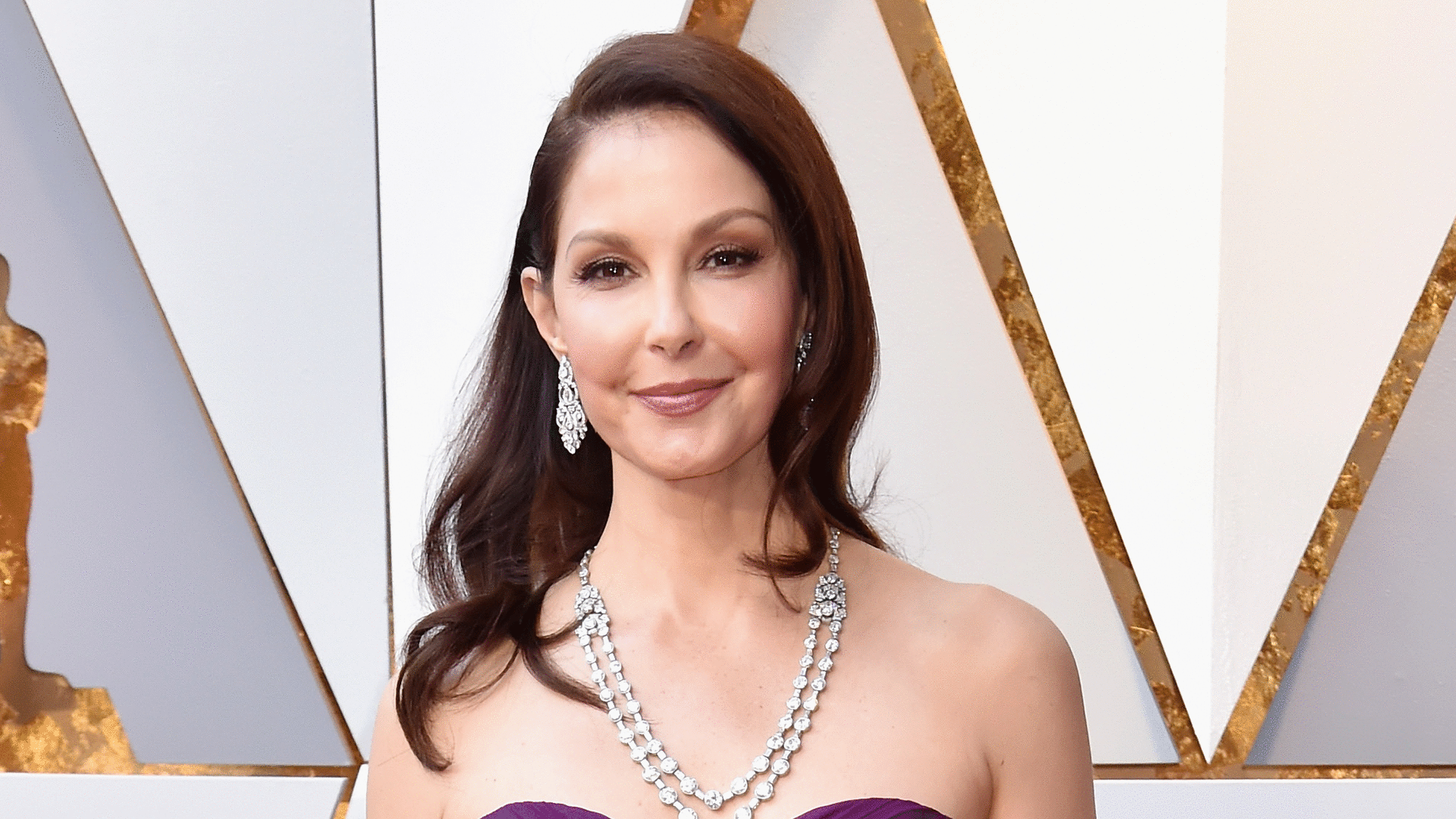
Heralded for her award-winning career in Hollywood, Ashley Judd has often used her celebrity status to address a wide range of social and political issues across the world. As an actress, Judd has proven to be a box office draw while demonstrating her range in a variety of genres, thus earning multiple industry awards, and two nominations for both a Golden Globe and an Emmy.
Apart from acting, Judd has become increasingly involved in global humanitarian efforts and political activism. Since 2004, she's visited grassroots programs in 22 countries around the world, spending time with marginalized communities in fragile settings such as war zones, refugee camps, brothels, hospices, and orphanages. These days, Judd continues to combine her acting career with human rights and public health work around the globe, serving on various boards of directors and leadership advisory councils. She is also an accomplished writer who penned a memoir that became a New York Times bestseller.
In 2009, Judd took a break from her busy life as actress-turned-activist to enroll in America's oldest and most prestigious university. To her surprise, Harvard University offered a master's degree in public administration for people exactly like her — established professionals, often in their 30s and 40s, who wished to garner skills for being in public service. Following some trepidation, Judd applied after reading about the center's work with exploited women. "I just began to weep," she said. "I thought, this is my home, these are my people, this is where I'm meant to go."
At Harvard, Judd excelled academically. She was awarded the Dean's Scholars Award for a paper in a class titled, "Gender Violence, Law and Society." In 2010 she graduated with a Mid-Career Master of Public Administration degree (MC/MPA) from the John F. Kennedy School of Government at Harvard. At her graduation was fellow actress Meryl Streep, who was receiving an honorary degree.
Since then, Judd has remained closely tied to her alma mater. In 2019 she was back on the Cambridge campus to take part in an important social justice panel discussion with NPR correspondent Carrie Johnson. Among the Harvard crowd, Judd discussed her assault by Harvey Weinstein and the beginnings of the MeToo and Time's Up movements for gender equality and action against sexual abuse. That same year, the Harvard Kennedy School's Women and Public Policy Program (WAPPP) announced that Judd had been named a WAPPP fellow for 2019-2020. In recognition of her many notable achievements, the fellowship gave the busy activist even more opportunities to strengthen the gender dimensions of her work, as well as to share her expertise and experiences with Harvard's faculty, fellows, and students.
